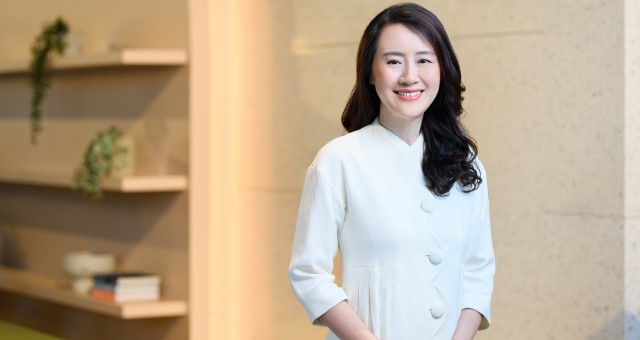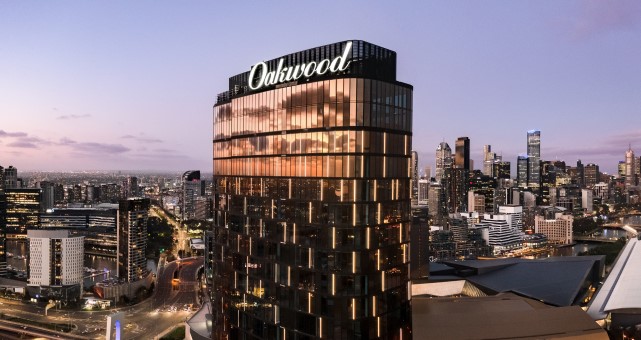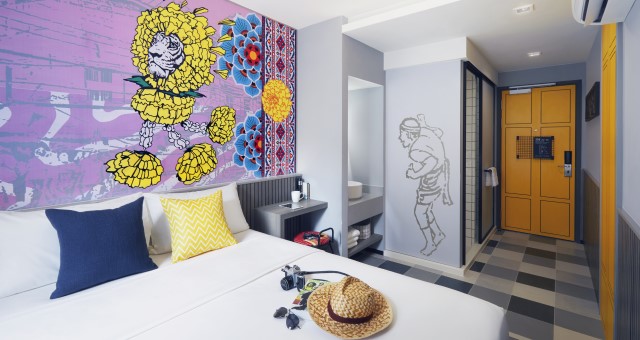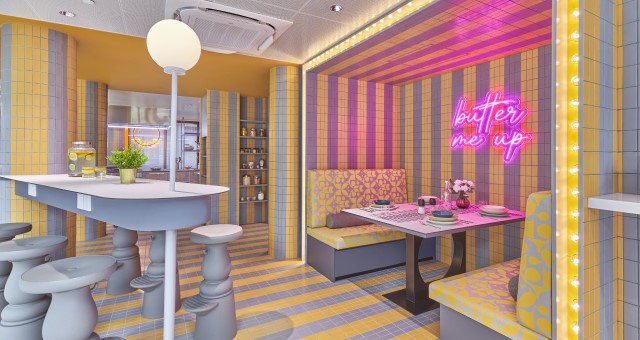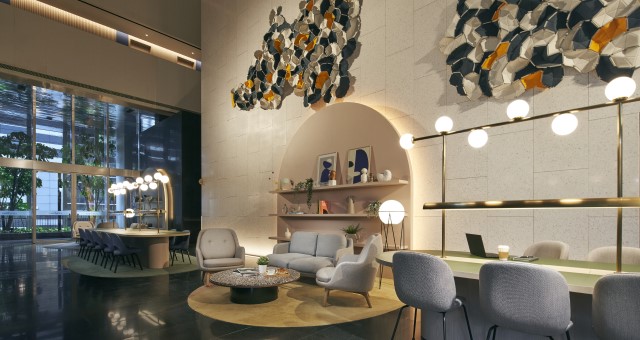The Ascott Limited is on a rapid growth trajectory with its recent acquisition of global serviced apartment provider Oakwood expanding Ascott’s presence to over 200 cities in 39 countries.
With a wide variety of brands under its belt, the lodging business is being careful to ensure that each can offer a unique brand proposition and cater to a large customer base.
Ascott’s Managing Director for Brand and Marketing Tan Bee Leng, spoke exclusively to HM about the allure of serviced residence brands, developing unique brand propositions, and catering to emerging travel trends.
Can you talk me through the Oakwood acquisition and the hopes for that brand as part of the Ascott portfolio?
It was a very strong acquisition that cemented our position as the one of the top three extended-stay serviced residence providers in the world. It was a significant move on our part because of how well the entire portfolio fit into the Ascott suite of products. There was alignment, both in terms of the product offering as well as the geographical footprint. Oakwood has a very strong heritage in markets such as South-East Asia, North Asia, all the way to North America – these are all geographies that we really want to entrench ourselves in as the market leader in this space.
We have identified Oakwood specifically to target bleisure travellers, and we will be announcing a refresh of Oakwood soon to put it in a stronger position.
There are a number of brands in the Ascott portfolio undergoing a refresh. Can you explain a bit about the broader strategy here?
Our Brand 360 exercise is looking at our entire suite of brands and to see how we can refresh and reinvigorate them and identify how everyone fits together to appeal to a specific set of market segments. Experiences are a huge part of this. We want to go beyond just the room and the space itself. Each of our brands will have its own unique offerings and a space of its own that will cater to the various needs of our customers.
We also did a big refresh of our Ascott CARES program, which was created during COVID to assure guests of a safe, hygienic stay. But from there, we’ve realised that the whole concept of care can be expanded to look into environment, social governance, and community. CARES is an acronym for Community Alliance Respect Environment and Supply chain. So that’s another milestone for us and also getting that certification from GSTC (Global Sustainable Tourism Council) – that’s a strong testament to what we have been doing and we want to continue to do more this year.
How important is hotel technology to the guest experience within Ascott’s portfolio of brands?
Technology is key for us, from back end to the front end – the mobile app, loyalty program, booking platform, and even down to a lot of our management decisions when it comes to data analytics, and property inventory management. When we talk about in-property technology, it’s about giving guests a choice… at the point of check in, keyless entry, mobile key cards… all these are being implemented in phases across our portfolio of brands.
In terms of the serviced residence space, we are leading in that sense. And owners come to us because of that. Every time we add a new portfolio, our tech pillars and foundation allow for swift scalability.
What key travel trends are on your radar for 2023?
We’re going to step up our game in terms of what we call this flex hybrid model. Our product is unique in the sense that we can flex between long and short stays – from one-day stays for short corporate or leisure travels to longer stays for project work or relocation.
We also believe there is going to be a lot more travel of this digital nomadic nature whereby they can work from anywhere. Indonesia and Malaysia have implemented digital nomad visas – a lot of countries are embracing that whole lifestyle. When people are so mobile, they want to be in a place where they can work comfortably, and a small hotel room is not the choice. We will be able to offer almost this work-in-residence concept for them, and we’re going to step up that as well to make sure that this flex hybrid model is better understood.
What brands will be suited to this type of traveller?
Citadines is already our fastest growing brand – it’s the biggest portfolio within our family suite of brands. Because it’s a very conversion friendly brand, we think that it’s going to be quite easily embraced by the owner community as well as our guests. Originally a French brand, it means “city living” and it’s based on a love of cities. Digital nomads want to have a chance to understand and immerse themselves in each city that they go to. We want to give Citadines that positioning whereby we encourage travellers to stay in the different Citadines around the world to understand each city.
The next one that we are putting a lot of attention to is the lyf brand. The co-living trend is going to be extremely exciting – we’ve seen a lot of pick up especially during these last few years. Australia is really embracing this concept. We’ve got a property in Collingwood, Melbourne, we’ve signed another in Bondi Beach, Sydney, and we have a few more opening this year.
We have three operational lyf properties in Singapore now. It’s doing extremely well – occupancies are above 80% generally, and some are going above 90%. It’s extremely good also from a real estate efficiency perspective so owners love it – with the same footprint they can offer more rooms. Guests are happy because that demographic of travellers like to be with other people. We curate experiences and events… art workshops, environment workshops, cooking sessions, concerts with budding musicians – there’s quite a variety of things that the lyf properties can do, and experiences are tailored and customised to the city itself.

